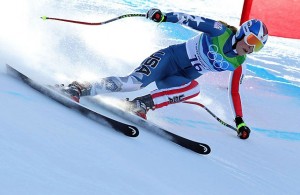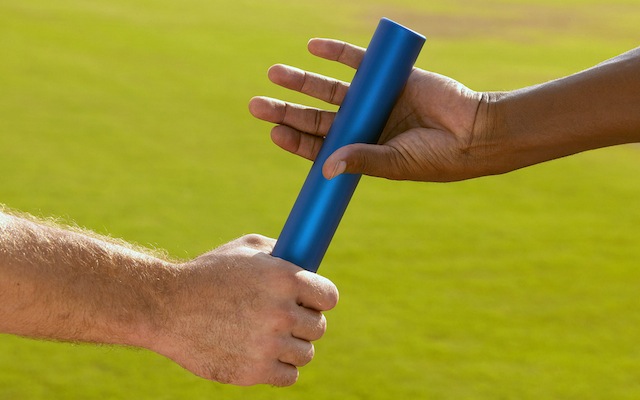FROM SHELLEY – Readers provide some of the best comments and questions for meandmydiabetes.com. That’s the case with this series of questions from Fred, regarding high performance athletes and low carb diets, which he posted in an earlier interview with Steve Phinney. Steve has now responded to Fred’s questions, complimenting Fred’s astute observations and giving further details. Read on for the exchange between Fred’s comments and Steve’s replies.
(PS – For more information on Steve Phinney’s views, check out his books, The New Atkins for a New You, and The Art and Science of Low Carbohydrate Living. And here on this blog, here all all the interviews that feature Steve Phinney.)
FRED COMMENTED: I’m familiar with Phinney’s work, mostly through this NIH PubMed article. Much of what he talks about in your interview is also discussed in his paper but, in his paper, he referred specifically to athletes engaging in sub-maximal activity, around 70% and decidedly aerobic in nature. He also states in the paper that a low-carb diet would probably not be appropriate for competitive athletes.
STEVE PHINNEY REPLIES:
That paper was written 8 years ago, and much has happened since.
1. We used to have concerns about long term use of low carb where potential risks were not outweighed by obvious benefits (as in diabetics such as yourself). Since then, we have demonstrated (among other things) that a well-formulated low carb diet reduces serum levels of saturated fats despite copious saturated fats in the diet, that a low carb diet markedly reduces levels of small, dense LDL (the most atherogenic version of ‘bad cholesterol) while raising HDL cholesterol, and that biomarkers of inflammation are reduced by a well-formulated low carbohydrate diet. Given these demonstrated benefits where we once thought risks might lurk, there are now much lower barriers to looking for more subtle benefits of carb restriction.
2. Mike Davis’s work with racing sled dogs adapted to a low carb diet has markedly changed our views about the necessity of glycogen at competition intensities.
3. A number of professional athletes (eg, Mardy Fish and Lindse Vonn) have gone public about reducing carbs (and there are many others who remain a bit more shy), but it is no longer a secret that both training intensity and volume can be better sustained by some athletes across a prolonged season when carbs are restricted. See for example the NY Times interview with Lindse Von containing this quote:
Vonn has also sought the advice of a nutritionist, hoping for an energy boost to get her through the nearly 40 races of the World Cup season.
“I always ate healthy, but it wasn’t scientific,” she said. “Now it’s a high-protein diet and no carbohydrates. I have more consistent energy and I don’t get tired after a meal. It does take a very detailed meal plan.”
4. Jeff Volek performed and published a study of low carb diet plus endurance vs resistance training, showing no restriction in training effects with dramatic improvement in body composition with the combination of low carb plus resistance work. (Strength & Conditioning Journal: February 2010 – Volume 32 – Issue 1 – pp 42-47).
FRED COMMENTED: From your interview, his position appears to have shifted considerably to advocate a low-carb diet for all types of strenuous training, including training for maximal effort activities such as sprinting.
STEVE PHINNEY REPLIES:
For sprinting events, the effects of keto-adaptation are quite variable across athletes and specific events. One also needs to differentiate between the diet followed in training versus preparation for the event per se. There are some trainers who advocate ‘train low, perform high’, but I have not seen that supported by objective study. But given that Lindsey Vonn’s events last about 120 seconds, the neuromuscular intensity of her performance is about as high as it gets.
FRED COMMENTED: The paper I referenced is from 2004 and could most definitely be out of date if there is more current research from Dr Phinney on athletes engaged in maximal effort. The evidence he presents, on humans, however, seems to be more anecdotal,
STEVE PHINNEY
Certainly the evidence cited above is a combination of both objective research and anecdotes. In some sports, such as 100-mile ultra-endurance trail runs, individual performance improvement is turning heads. You can expect to hear more about that in the coming year.
Shelley’s Note – And here’s a lovely video of a very young low-carb athlete.









6 comments for “Steve Phinney – Low carb benefits elite athletes”